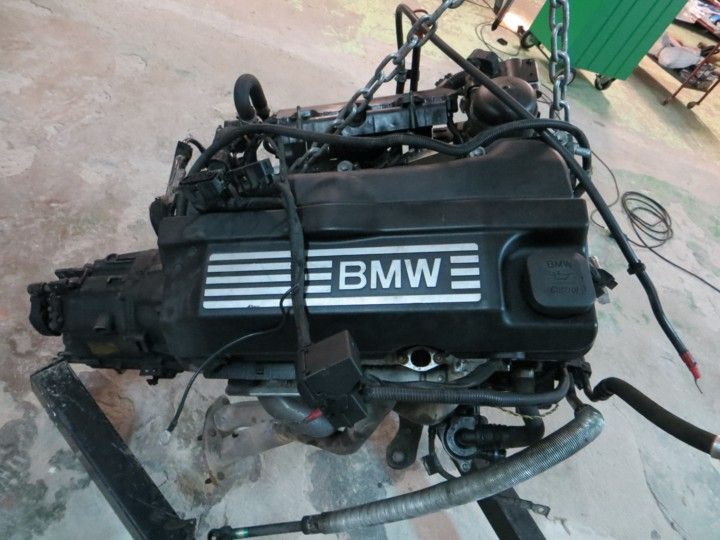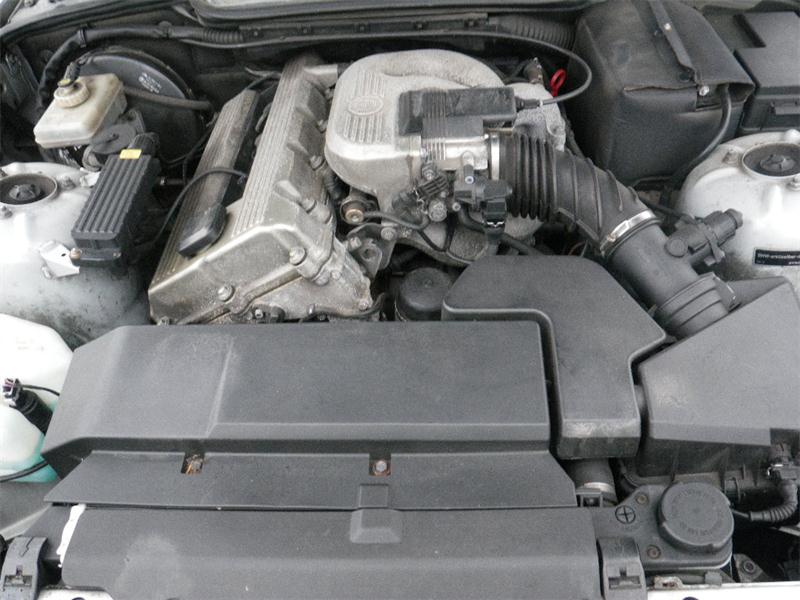BMW 318ti Evaluation: What Makes This Version Stand Out
BMW 318ti Evaluation: What Makes This Version Stand Out
Blog Article
Important Factors To Consider for Picking the very best Engine for Your Demands
In the world of selecting the ideal engine to fulfill your requirements, numerous crucial factors need thorough consideration to make certain optimal efficiency and performance. From the nuanced equilibrium in between power and efficiency to the often-overlooked aspects of upkeep and service demands, each element plays an essential duty in figuring out the most suitable engine for your details requirements. As the complexity of engine modern technologies proceeds to progress, discerning the most fitting choice requires a deep understanding of the interplay between numerous factors to consider. By checking out the detailed internet of elements that underpin this decision-making process, a clearer path arises towards selecting an engine that not just meets however surpasses your assumptions.
Power and Performance
When assessing engines for ideal performance, it is important to prioritize both power output and efficiency. Effectiveness refers to exactly how well the engine converts gas right into useful power. By meticulously evaluating both power and effectiveness, you can select an engine that supplies optimal efficiency and meets your demands successfully.
Fuel Performance and Economic Situation
Gas effectiveness refers to the engine's capacity to convert gas right into energy with minimal waste, directly affecting operating prices and ecological sustainability. Engines with higher fuel effectiveness not only lower fuel expenses however likewise decrease carbon exhausts, contributing to a greener procedure.

Compatibility and Application
Taking into consideration the fuel efficiency and economy of an engine, the next essential aspect to address is its compatibility and application within details functional contexts. Compatibility refers to how well the engine integrates with the general system or devices it powers. It includes variables such as physical measurements, installing choices, electric interfaces, and control systems. Guaranteeing compatibility is vital to prevent concerns such as getting too hot, vibrations, or power inequalities (bmw 318ti).
Additionally, the application of the engine is just as vital. Various engines are created for certain functions, whether it be industrial equipment, marine vessels, vehicles, or power generators. Comprehending the designated application enables for the selection of an engine that can provide the required power result, torque, and operational qualities. For example, a high-revving engine made for efficiency automobiles would not be appropriate for durable construction tools that requires high torque at reduced rates.
Upkeep and Solution Demands
Maintenance and solution requirements play a crucial duty in making sure the long life and optimum efficiency of an engine. Normal maintenance is necessary to protect against failures, extend the lifespan of the engine, and preserve its efficiency. When selecting an engine, it is necessary to consider the maker's suggested maintenance timetable and the availability of service centers or qualified technicians.
Factors such as the regularity of oil changes, filter replacements, and general assessments can substantially impact the engine's efficiency. Some engines might call for more constant maintenance based upon their style and use, while others may have longer intervals in between upkeep checks. It is vital to follow these service demands to avoid pricey repairs and unexpected downtime.

Price and Budget Plan Considerations
Spending plan restrictions commonly play a significant role in the decision-making process when selecting an engine for a specific application. When thinking about the price and budget implications of choosing an engine, it is necessary to examine not only the first purchase rate however likewise the long-lasting expenditures connected with upkeep, fuel consumption, and possible upgrades or repair services. It is critical to strike a balance in between the in advance cost of the engine and try this its total lifecycle expenses to make sure that the chosen engine remains economically lasting throughout its operational life-span.
Variables such as gas longevity, effectiveness, and dependability can straight influence the overall price of ownership of an engine. While a much more expensive engine might have greater ahead of time costs, it can possibly result in reduced maintenance and gas costs gradually, hence using much better value in the long run. Additionally, considering the accessibility and cost of spare components, in addition to the convenience of maintenance and solution, can aid protect against unexpected financial stress in the future. By thoroughly evaluating these price and budget factors to consider, you can make an enlightened choice that straightens with your operational needs and economic restrictions.
Conclusion

Fuel effectiveness refers to the engine's capability to convert gas into power with very little waste, straight impacting operating expenses and ecological sustainability.Factors affecting gas effectiveness include engine layout, combustion performance, and general efficiency optimization. Furthermore, choosing the proper fuel type and grade as suggested by the engine producer can better boost efficiency and extend engine life-span.
Engines with great service functions and easily available parts can lower maintenance prices and lessen the time the engine great post to read is out of operation - bmw 318ti. It is crucial to strike an equilibrium in between the upfront price of the engine and its overall lifecycle expenses to make certain that the selected engine remains economically lasting throughout its operational lifespan
Report this page